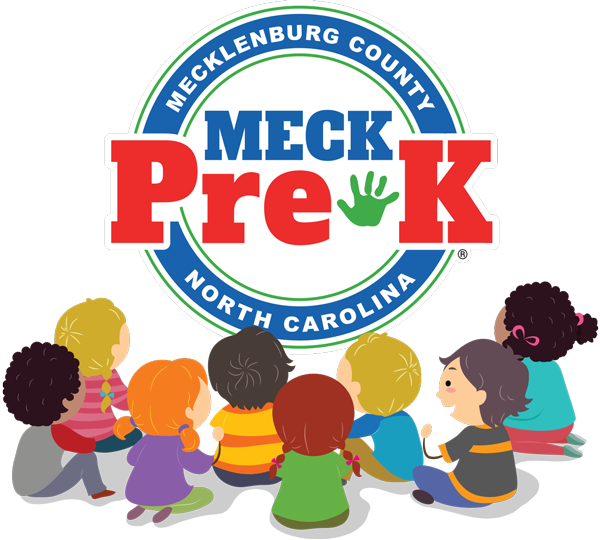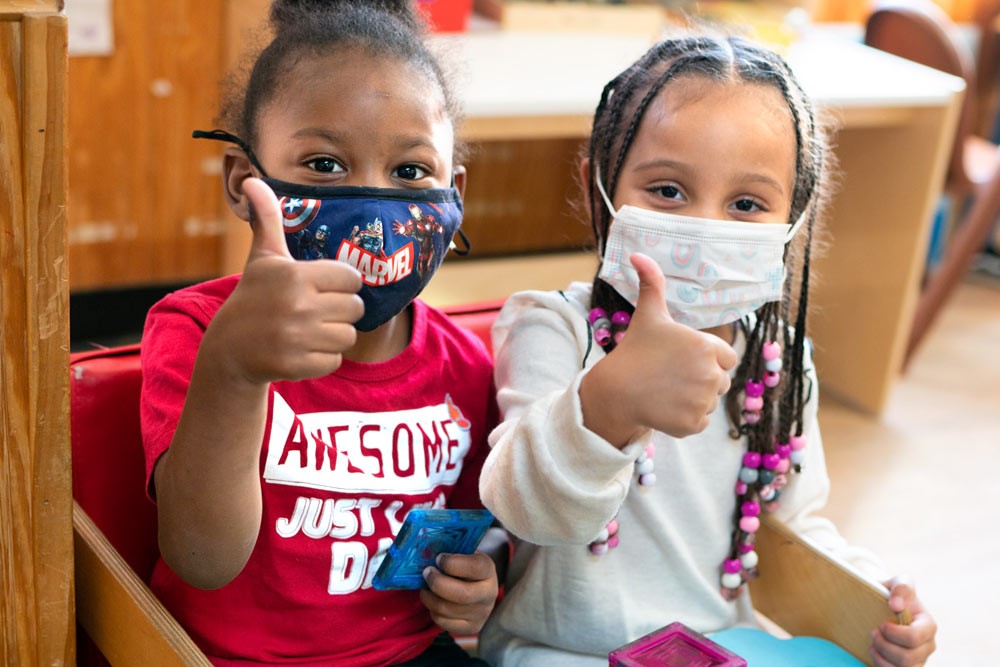Is Pre-K Better than Keeping My Child at Home?
As a parent, you want the best for your child and will do anything to ensure they have an excellent education. But you may be wondering whether you should send them to pre-K or whether you should homeschool them instead. It’s a difficult question, and you will be searching for some detailed answers.
In this post, we will ask ourselves whether pre-K can make a difference in the average child’s life as we review some research. We’ll find out how your child could benefit from attending pre-K, from a developmental point of view. We will also ask what they actually teach in pre-K so you can understand a typical pre-K curriculum and get the information you need to make a decision.
How Pre-K Makes a Difference
If you’re trying to decide whether your child needs formal education at this age, you will want to gather as much information as possible. You want to know how pre-K makes a difference and if there is any research to back this up. In this case, begin by considering some points raised by the National Institute on Early Education Research (NIEER).
In this research, a review by the US Department of Education found that high-quality pre-K programs can positively impact children, especially if they are from low-income families. The researchers also found that pre-K education can substantially increase a child’s chance of success in school and later in life. Further, the report shows that children who participate in pre-K are less likely to be held back a grade or need special education and more likely to graduate high school.
Another study proposed that a “small investment in children’s education yields big results.” Here, researchers found that kids who enter an intensive preschool program would be less likely to be arrested, less likely to struggle with substance abuse in later life and, again, more likely to graduate.
However, if you put the research to one side, you’ll find other ways that a pre-K program could make a difference.
To begin with, this program could help kids learn how to deal with a routine or a structured schedule. They will be able to interact with their peers and learn valuable social skills. On the playground, they will learn the concept of fair play and what it may feel like to win or lose. They’ll find out how to solve problems and develop communication skills with their peers and their teacher. In this type of dynamic environment, they may be more motivated and excited to continue with their educational journey.
What Do They Teach in Pre-K?
A typical preschool curriculum is meant to help your child develop emotionally, physically, socially and intellectually. As the program unfolds, they will learn basic cognitive skills, such as counting, spelling, and vocalizing.
- Pre-K students will quickly learn how to connect sounds and letters, as they are introduced to all 26 letters of the alphabet. They’ll find out how to associate pictures with words and get familiar with asking questions at the same time.
- Counting is an essential skill, and a large part of the typical preschool program will be devoted to numbers. The children will be taught how to count using different objects, and this is something you can also focus on at home to help them learn as quickly as possible.
- Your children will also be introduced to basic shapes and colors, building simple models, and drawing or coloring. Here, they will be learning important motor skills as well as hand-to-eye coordination.
- Social skills are critical, and teachers will ensure that preschoolers participate in group activities, communicate with their peers, and follow basic directions. They will learn how important it is to cooperate and share while working together in a group environment.
What to Do Instead of Preschool?
People sometimes ask if it would be better to homeschool. In some cases, the parents may be very busy and have less time to drive back and forth to pre-K or may need to consider the financial aspect if free pre-K is not available.
There are two sides to the equation, and you will need to think about the benefits associated with homeschooling. Certainly you can adhere to a more relaxed schedule, and as you are focusing in a one-to-one environment, you will have much more time for in-depth conversations about a particular subject. Further, you will be able to work at your child’s pace and not at the pace of the class in general, and you can develop lessons that you may feel are more targeted to your child’s individual needs.
However, you will need to be very disciplined and spend regular time focusing on the type of subjects covered in a formal pre-K curriculum. This means that you won’t be able to take time off when you are busy elsewhere or don’t feel well. Further, you may wonder whether this is the best approach for their social and emotional development. At home, they will not be spending as much time with their peers.
Making A Decision
As you can see, there are good reasons to consider sending your child to pre-K. The available research shows benefits in later life, and there are definite advantages from a social, physical, and emotional point of view.
If you’re looking for more information, reach out to MECK Pre-K, a high-quality, free pre-K program for four-year-old children in Mecklenburg County. Classes are taught by licensed teachers and highly qualified teacher assistants. MECK Pre-K is administered by Smart Start of Mecklenburg County and funded by Mecklenburg County. For more information, and to apply online, visit MeckPreK.org!

